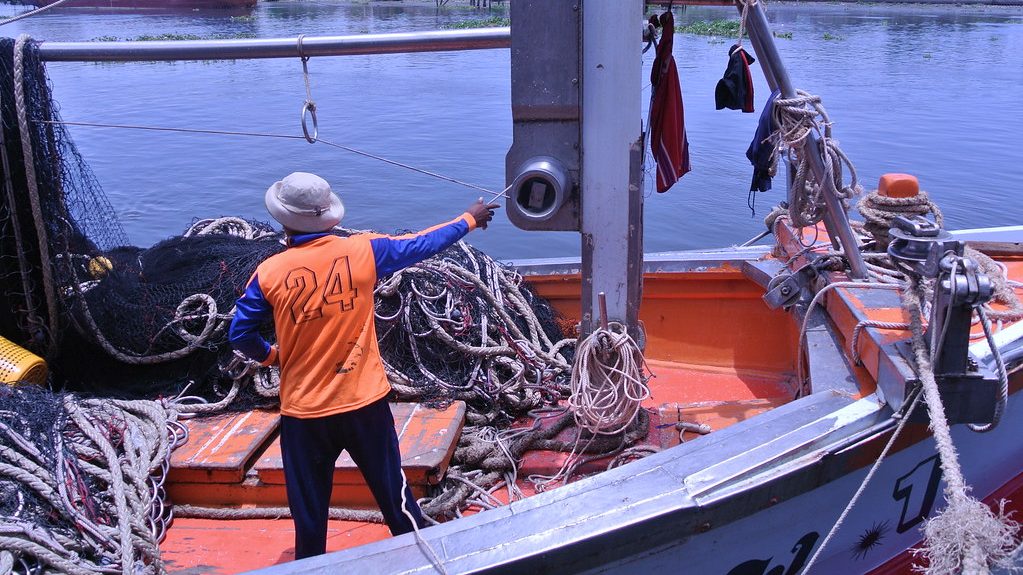
- This event has passed.
Temporary Migrant Workers in (Post-) Pandemic Times: The Spatial Politics of Non-Integration and Prospects for Change
September 26, 2023 at 12:15 PM - 2:00 PM

As part of the Carolina Asia Center’s Asia Week, join this presentation of research by Brenda S.A. Yeoh, who leads the research cluster on Asian Migration at the Asia Research Institute, National University of Singapore, a strategic partner of UNC-Chapel Hill. Yeoh’s research interests include the politics of space in colonial and postcolonial cities, and she also has considerable experience working on a wide range of migration research in Asia.
Lunch 12:15 PM – 1 PM
Presentation begins at 1 PM
Plan to attend? Let us know
The challenges of contemporary migration in Asia must be understood in the context of the postcolonial development of nation-states in the region. When large-scale labour migration began in the 1970s, many Asian countries had only recently cut their colonial apron strings and were still in the process of consolidating nation-building projects. In this context, the specific labor migration regime that developed in Asia, was one that minimized challenges to the fragile imaginary of the nation-state in the making. This is accomplished by rendering migrants as transient sojourners whose place in host societies is to sell their labor but make no claims on the receiving nation-state. The migration regime that emerged in Asia was premised on keeping migration temporary, and apart from creating a privileged pathway for highly skilled migrants to gain residency and citizenship, most Asian receiving nation-states ruled out settlement, family reunification, long-term integration, and the acquisition of legal citizenship for less skilled migrants. In this context, we first examine how states manage the non-integration of low-waged transient migrants. With reference to the globalizing city-state of Singapore, we draw on the twin concepts of enclavisation and enclosure not as fixed entities but as ongoing spatial-temporal strategies of disciplinary power with uneven consequences for migrant life and labor in the city. Based on qualitative interviews with two groups of transient migrant workers – male construction workers and female domestic workers – we examine two sets of conjoined processes underpinning their spatial containment in the city-state: ground-driven enclavisation or the formation of ‘weekend enclaves’ or gathering grounds as co-national social spaces of support and comfort zones of co-ethnic belonging; and state-driven enclosure in dormitories or home-workspaces as a set of containment measures in response to gender-differentiated concerns about enclavisation. We then assess the impact of the COVID-19 pandemic and stalled mobility on the regime of enforced temporariness and consider potential pathways forwards towards a more sustainable regime of transnational labor.About the presentation
